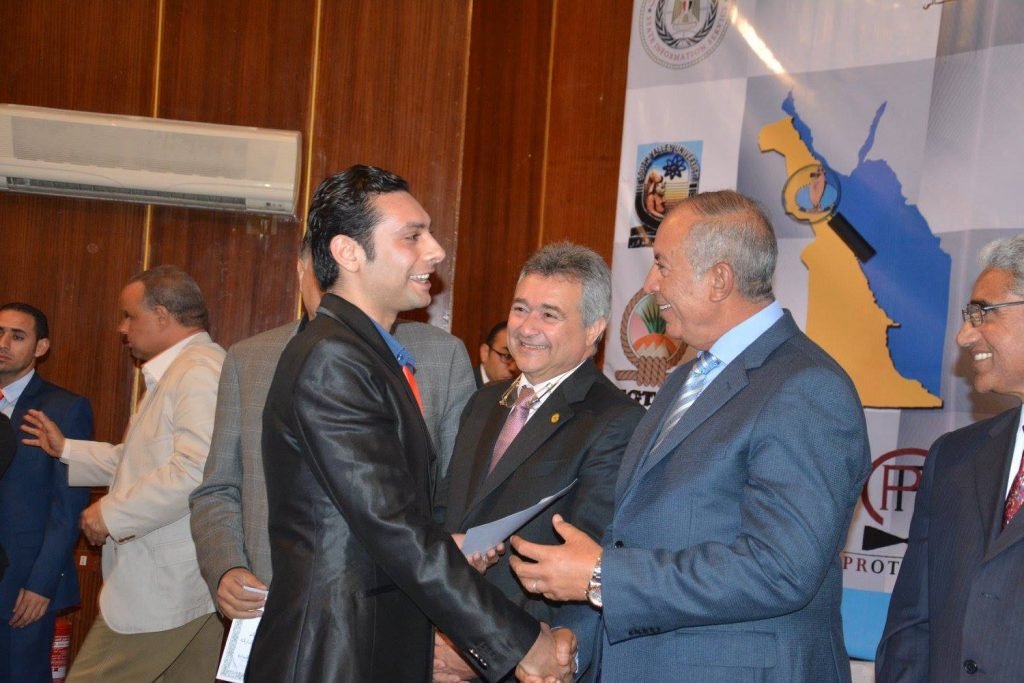Bridging the Digital Gap: Enhancing Tech Literacy in Rural Communities
In today’s hyper-connected world, digital literacy skills are no longer a luxury, but a fundamental necessity. Yet, millions across the globe lack access to these skills, creating a significant digital divide. This is particularly true in rural communities, where limited infrastructure, financial constraints, and cultural barriers often act as formidable obstacles to technology adoption.
East Africa, a region brimming with potential, presents a poignant illustration of this challenge. While internet penetration is on the rise, it remains unevenly distributed, with rural areas lagging significantly behind. In Kenya, for instance, roughly 80% of internet users reside in urban areas, leaving the vast majority of the rural population digitally disenfranchised. This lack of access translates to missed opportunities in education, healthcare, agriculture, and entrepreneurship, hindering individual and community-wide development.
However, where challenges exist, solutions rise. Recognizing the transformative power of digital literacy, numerous organizations are working tirelessly to bridge the digital gap in East Africa. Asante Africa Foundation is one such non-profit dedicated to empowering rural communities through technology education and entrepreneurial support. One example of this can be seen in Uganda, where the organization is contributing to enhancing digital literacy among school children by training peer educators on how to use learning technologies like tablets. For many of the children, this was a great experience as they were able to discover digital training to counter educational challenges that came with distance learning.
But it’s not just about access to technology; it’s about understanding its applications and integrating them into daily life. Asante Africa also partners with local communities to tailor their programs to their specific needs and aspirations. This ensures that participants not only gain technical skills but also learn how to leverage technology to address local challenges.
From Farming to Finance: The Impact of Tech Literacy
For farmers in rural Tanzania, digital literacy translates to increased yields and access to global markets. By learning how to use apps for weather forecasting, soil analysis, and market price tracking, farmers can make informed decisions, optimize their crops, and connect with buyers more effectively.
In East African countries, where small businesses are the backbone of the economy, entrepreneurs are utilizing digital tools to expand their reach and manage their finances better. Through training sessions on e-commerce, digital marketing, and mobile banking, individuals are no longer limited by geography, reaching new customers and streamlining their operations.
Dancan, a former Asante Africa Foundation says,
“When I first joined Asante Africa, I wasn’t even able to comfortably use a laptop and other digital devices. But now, not only can I operate them but I have learned skills that will help in managing my business. For example, I’ve learned how to market my products on the web, and now I can better save and plan for my business thanks to lessons I’ve learned from the organization. I really thank Asante Africa.”
Beyond Knowledge: Empowering a Generation of Changemakers
The impact of tech literacy extends far beyond individual gains. By equipping younger generations with these skills, we enable them to become catalysts for change within their communities. Young people trained in coding and app development can create locally relevant solutions to issues like healthcare access or environmental protection. This breeds innovation, fosters entrepreneurship, and empowers communities to chart their path toward a brighter future.
Building a Collaborative Future: The Path Forward
Building a digitally inclusive future in East Africa requires a multi-pronged approach. Governments need to prioritize expanding infrastructure and access to affordable internet, particularly in rural areas. Public-private partnerships can play a crucial role in developing sustainable and scalable solutions. However, the heart of this change lies within the communities themselves. Empowering local organizations like Asante Africa and fostering collaboration between different stakeholders is vital to ensure that tech literacy programs are culturally relevant, community-driven, and have a lasting impact.
Asante Africa Foundation is just one example of countless organizations working tirelessly to bridge the digital divide. By supporting our efforts, raising awareness about the importance of tech literacy, and investing in innovative solutions, we can ensure that no community is left behind in the digital age. This is not just about connecting people to technology; it’s about connecting them to opportunity, knowledge, and the power to shape their future.
WRITTEN BY: Mayuri Goswami



